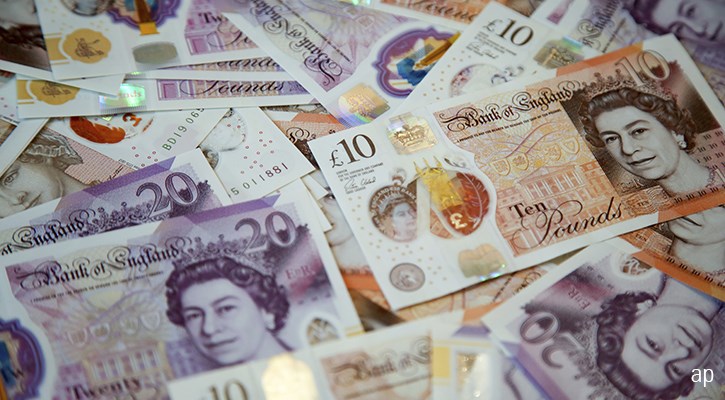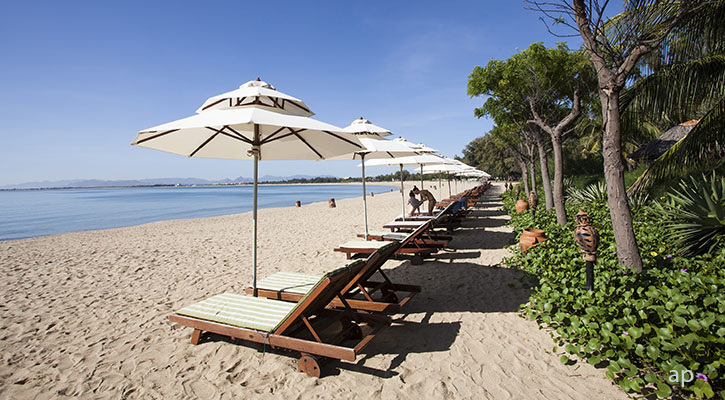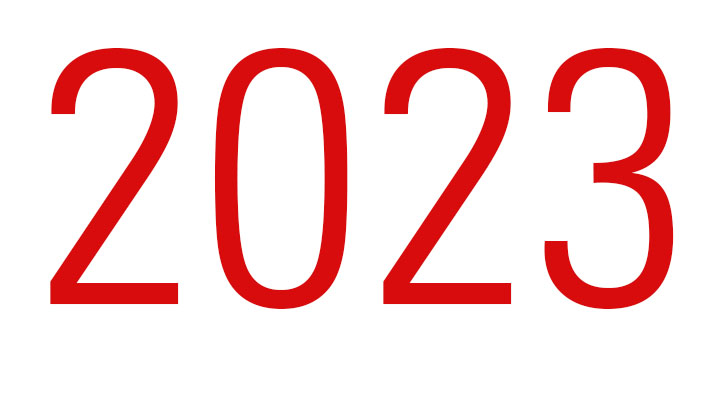Stuart Kirk’s Suspension Has Divided Finance
After his comments on the climate crisis at a Financial Times event attracted widespread criticism (and, indeed, the opprobrium of HSBC’s group CEO Noel Quinn on LinkedIn), HSBC saw fit to suspend its asset management arm’s global head of responsible investment Stuart Kirk, who is now awaiting the outcome of an investigation. The saga has divided the financial services world right down the middle. Initial shock at the comments gave way to some support for Kirk. Indeed, Hargreaves Lansdown’s head of research Mark Dampier wrote an op-ed defending the guy, who no doubt entered last week not entirely expecting to be where he is now.
LinkedIn Really is The Place to Say it
And speaking of LinkedIn, a third-party consultant to oil major Shell ended her business relationship with the company this week, accusing it of deliberately misleading the public. "Shell is fully aware that its continued oil and gas extraction and expansion projects are causing extreme harms, to our climate, environment, nature and to people," she wrote on LinkedIn. "I can no longer work for a company that ignores all the alarms and dismisses the risks of climate change and ecological collapse. Because, contrary to Shell’s public expressions around Net Zero, they are not winding down on oil and gas, but planning to explore and extract much more." This is not the first time Shell’s business tactics have been in the limelight. It certainly won’t be the last.
Rishi Sunak is Being Careful About Semantics
As the government ever-so-coincidentally launched a £21 billion package to assist voters with the cost of living this week, chancellor Rishi Sunak was being very careful about his choice of wording. Having been all over the airwaves for weeks, the phrase "windfall tax" was suddenly conspicuously absent from the chancellor’s rhetoric. And no surprises there. The chancellor is now referring to the measure as an "energy profits levy" instead, presumably in a bid to reassure corporations that the government is not on the attack. There is another reason though. The Labour Party has been calling for the policy for months, so a bit of creative distancing was presumably required.
A Russian Diplomat Just Quit His Post
Russia will no doubt view it as a little local difficulty, but the resignation of its counsellor to the United Nations in Geneva hit the headlines this week, and appears to be the latest example of the country’s officials putting their consciences before the country’s foreign policy priorities. "The aggressive war unleashed by Putin against Ukraine, and in fact against the entire Western world, is not only a crime against the Ukrainian people, but also, perhaps, the most serious crime against the people of Russia," wrote Boris Bondarev in a lengthy resignation letter. It is as yet unclear what the consequences are.
The Anti-CRT Crowd is Coming For ESG
And speaking of semantics, there is more than enough reason to be worried about the consequences of not pinning down our definition of ESG. In a hard-hitting piece this week, Morningstar’s global head of sustainability research Jon Hale argued that ESG’s enemies are already beginning to exploit the differences of opinion over the meaning of sustainable investing, and, specifically, how it is described, summarised, sold, and constructed. Hale’s article is rightly US-focused and takes in the issue of Republican Party opposition to critical race theory (CRT) spilling into hatred of sustainable investing. There’s no doubt this issue is relevant to UK investors too. The UK’s culture wars have taken many cues from the US in the last few years, so reaching agreement on the definition of ESG is more urgent than you may have thought.
Elon Musk is Being Sued (Again)
Fresh from allegations about his personal conduct on a private jet, Tesla CEO and potential Twitter boss-to-be Elon Musk is now being sued over his takeover attempt of the social media company. Investor William Heresniak says Musk’s takeover attempt violated several California laws and involved market manipulation that caused chaos for the company and its share price. At present Twitter shares are around 27% lower than the premium price Musk put on the table several weeks ago. Given Musk has stated his intention to set up a “hardcore” litigation department at Tesla to fight the company’s lawsuits, he is no doubt wondering whether the model will work elsewhere.
Active Funds Are Dependent on Mega-Cap Stocks
Forget FAANG stocks, MAMATA is where it’s at. Over the last five years, Microsoft, Apple, Meta, Alphabet, Tesla and Amazon have been responsible for a third of the S&P 500 Index's performance and half of the Russell 1000 Growth Index's performance. But can active funds outperform their benchmarks without these huge companies? The short answer is no. In this video, I sat down with analyst Lena Tsymbaluk to find out why.
Airports Are Still Struggling
Birmingham Airport is the latest travel hub to warn of staffing issues, after weeks of disruption at the UK’s departure gates. And, as half-term approaches, there is no sign of a quick solution. Worse still, the future of the companies operating airside hangs in the balance too. As senior editor James Gard explored this week, there is still a huge list of headwinds staring the travel sector in the face. Perhaps that’s one reason why holiday makers are getting abroad while they can. Perhaps it’s another to be extremely cautious about investing. Indeed, buying airlines might not be as good for your stress as using one. Maybe avoid easyJet though. It’s just cancelled 200 flights over IT issues.
SFDR Has Had it Hard
Flows into funds designated Article 8 and 9 under the European Union’s sustainable finance directive regulation (SFDR) have weathered a triple storm in the form of inflation, geopolitical risk, and market volatility, to grow by 8.5% in the first quarter of 2022. That’s the conclusion of our latest report on the EU sustainability framework. Assets in these strategies now stand at a whopping €4.18 trillion. Despite a slump in product development in the first 12 weeks of the year, the number of product options available to investors is still expanding.
Life Looks Better in Map Form
Whether you’re choosing your airline or trying to complete the latest name the country game "Worldle", life looks better in map form. Step forward data journalist Sunniva Kolostyak, whose latest work includes an interactive map showing you Europe’s most undervalued stocks. Food delivery stocks and fast fashion dominate the list of undervalued companies, which you can see in full here.






























